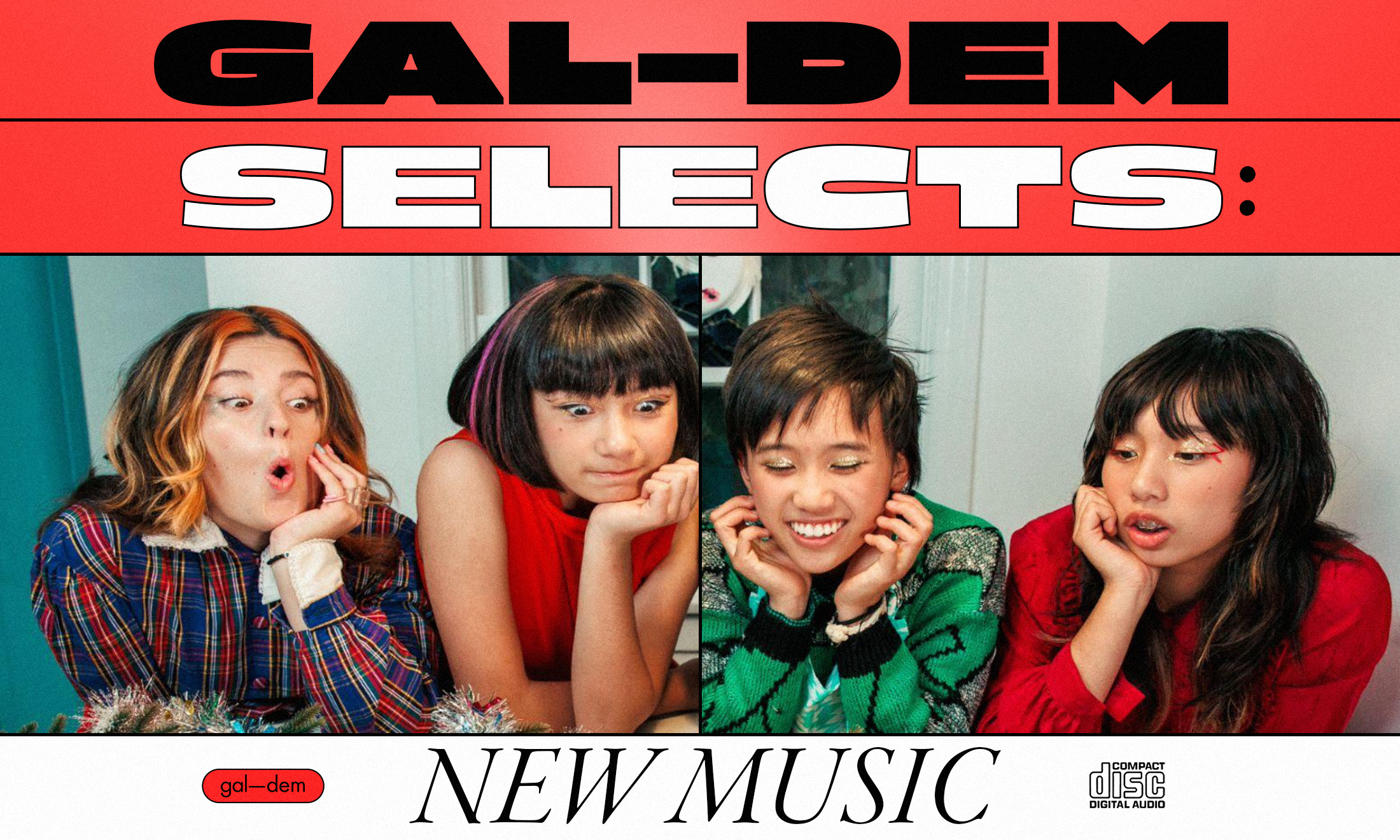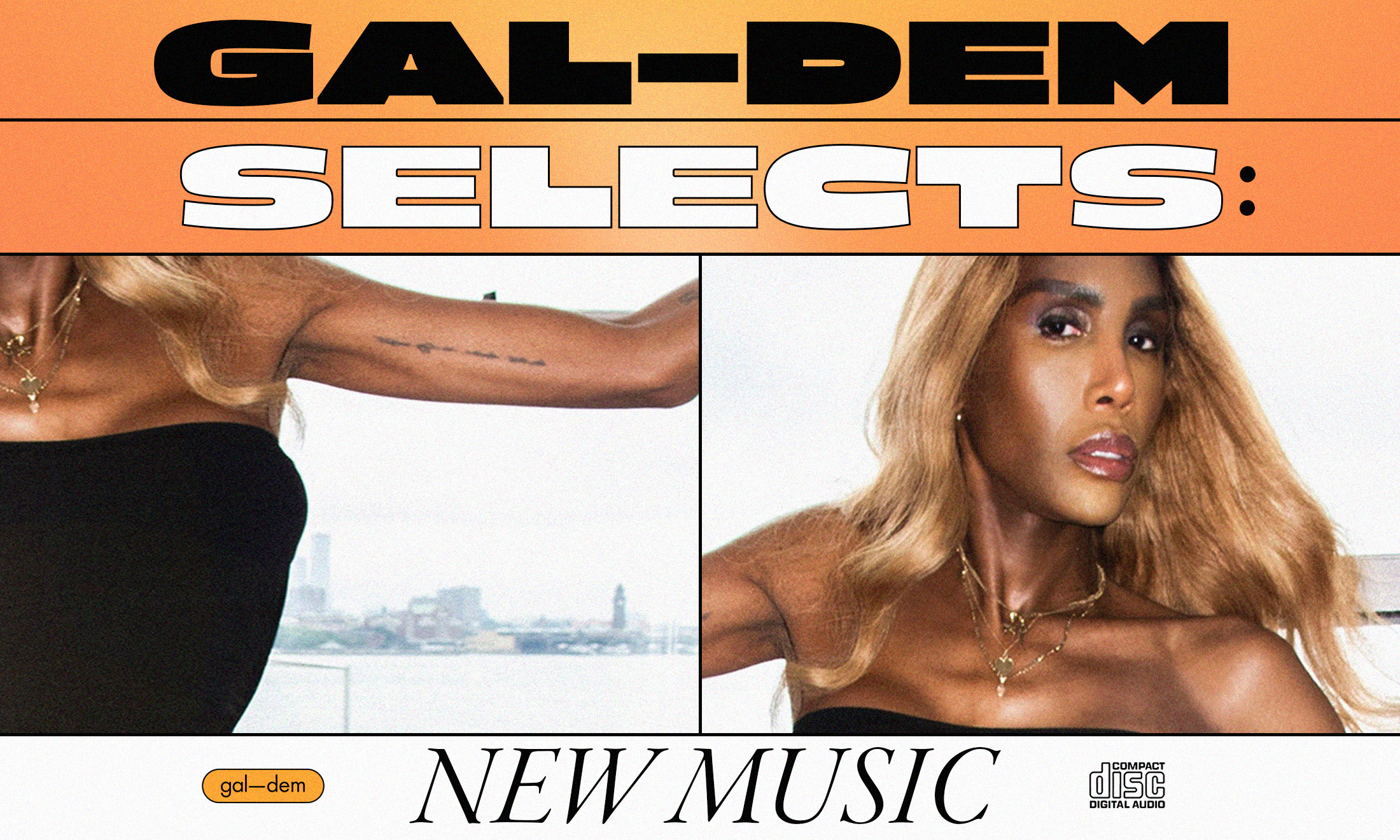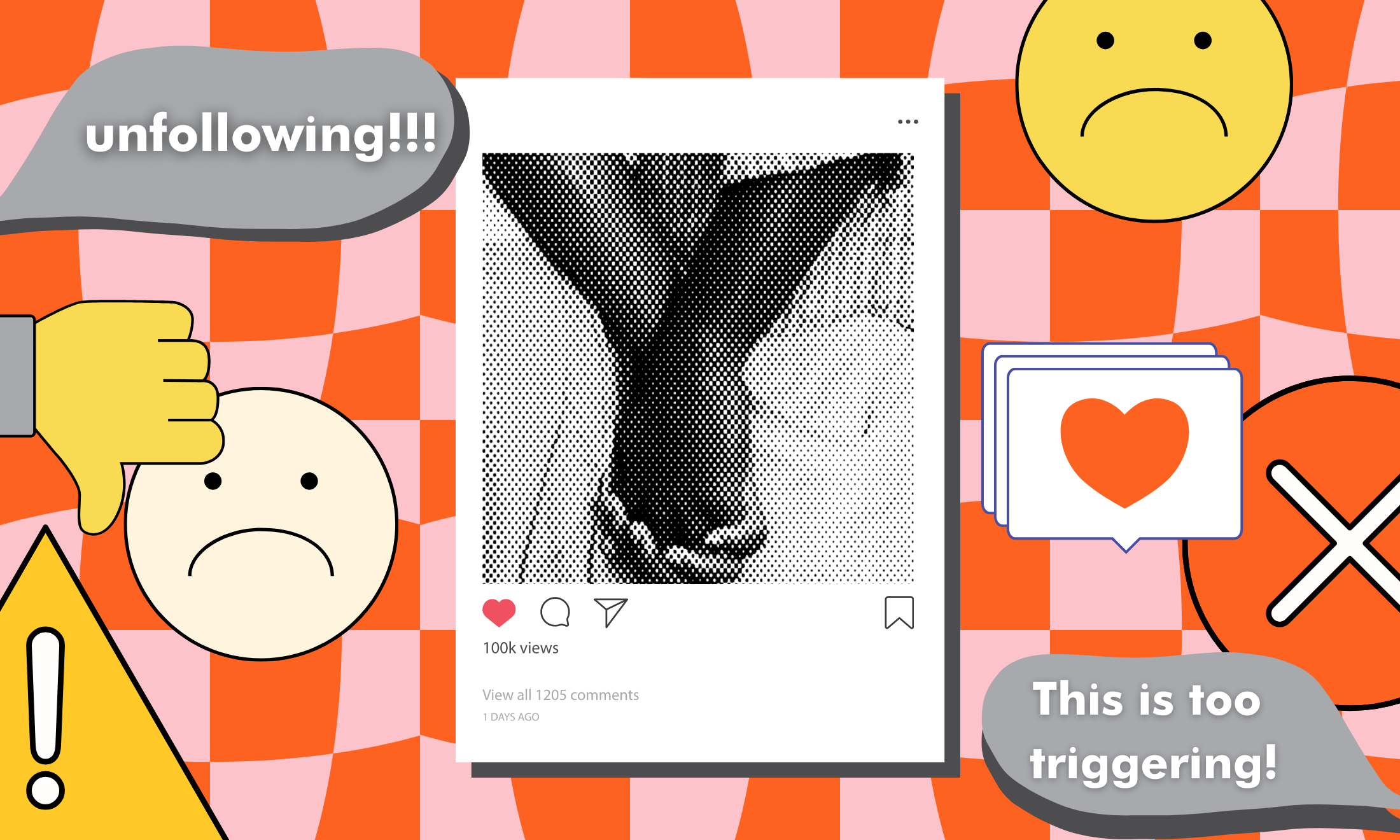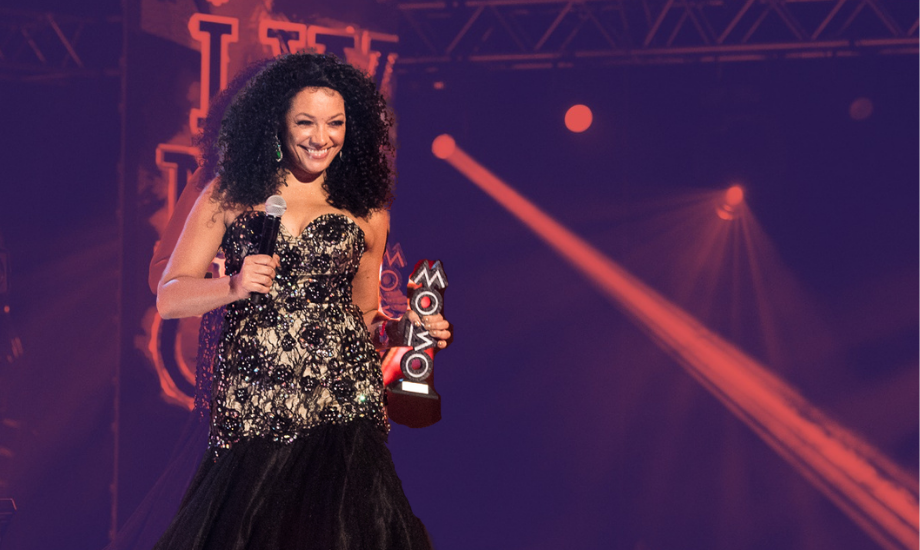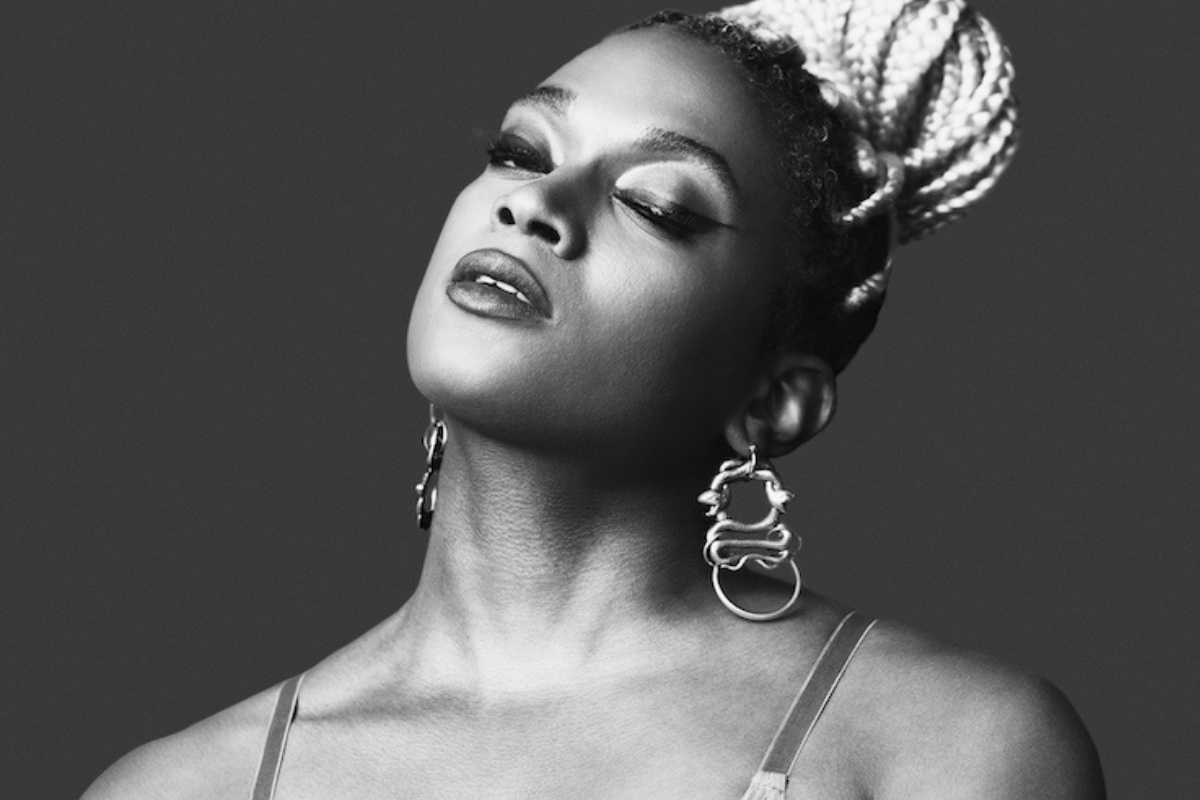
gal, put your records on: a playlist celebrating Black love from anaïs & Azekel
Following their beautiful duet, 'Learn To Love', artists anaïs and Azekel made us a playlist. Here, they talk to us about their lives in lockdown, community grief and the importance of love right now.
Habiba Katsha
15 Oct 2020
anaïs and Azekel photography by Lynn Hayleigh
What comes to your mind when you think of Black love? For some it might be Love & Basketball for others it might be Barack and Michelle Obama. Whatever the case, Black love is important and something we often don’t see represented in mainstream media.
Singers anaïs and Azekel came together to bring us a playlist that celebrates exactly that. anaïs, who is Senegalese-born and raised in between Ireland and California, is known best for her debut album, Darkness At Play. Nigerian-born, London-based artist Azekel released his first EP in 2013 and is well known for his audio-visual album, Our Father. The pair have recently released a song ‘Learn To Love’, which features their sultry harmonies sung over an acoustic guitar.
The playlist they’ve made us includes timeless duets like Lauryn Hill and D’Angelo’s ‘Nothing Even Matters’, Daniel Caesar and H.E.R.’s ‘Best Part’ and Lionel Richie and Diana Ross’ ‘Endless Love’.
With a year that’s seen so much Black trauma, now seems like the perfect time to focus on Black love. gal-dem spoke to anaïs and Azekel about their playlist, life in lockdown and why Black love is so important right now.
gal-dem: How was lockdown for you?
Azekel: It was a different wave of different emotions. It was good at times because I had the chance to make music, but at the same time, it wasn’t good because I found myself living in a bubble. And it was sad seeing so many people in our community dying from the virus.
anaïs: I think it was really challenging. It’s weird because yeah, Azekel said, there were some really good things that came out of it for me. Then there were some really challenging aspects to it as well but I’m a big believer that you kind of have to take every opportunity in front of you and turn it into a good thing. I feel like it brought up a lot of feelings that I had maybe suppressed for a long time or things that I never had a chance to address because I was so busy.
And Azekel, you kind of touched on this already, but were both of you purposely creating music during that time or did you want to relax?
Azekel: Yeah, I was making music every day, trying to build my label. Outside of that, I was watching a lot of Netflix and reading too.
anaïs: No, I didn’t. During the actual quarantine I was trying to finish my album but I wasn’t really in the right emotional space. I wasn’t getting anything really usable. The best things I did were reading and journaling. The stillness of the time allowed me to hear my thoughts again. I was able to dive into new things, things that I generally have never had time to consider.
“Black love for me is the whole diaspora emitting love towards each other”
– anaïs
Tell me about your playlist – how did you go about choosing the songs for it?
anaïs: I think the concept behind this playlist is really rooted in the commemoration or like a celebration of Black love. We thought it would be really lovely to assemble a playlist of duets from the past and present that celebrate us in our connections and our kinship.
What does Black love mean to you?
anaïs: I think Black love is probably one of the most important values for me. I’ve always said that a lot of my work is really connected to Black liberation because that’s just where my interests are. A lot of the time I would perceive it as me having to fight for it and then I realised there’s another way to fight for it – and that is through love. By empowering and celebrating each other and trying to learn how to understand each other – I’d say that’s what Black love is for me. It’s the whole diaspora emitting love towards each other.
“Black love for me is self-love and being proud of who I am”
– Azekel
Azekel: I guess Black love for me is self-love and being proud of who I am. When I was growing up, people weren’t proud to say they were African because people made fun of you. Now I see that as a lack of love for your own community. So to me, accepting where I came from and accepting my community is Black love.
With everything that happened this year in terms of the death of George Floyd and the resurgence of the Black Lives Matter movement, why is Black love so important right now?
anaïs: That’s kind of what I was trying to touch on earlier. I feel like the most important thing right now is to value our community. When we start to really love ourselves we can start to love each other and then I think things can really change for our community.
Azekel: It enables us to kind of give us an understanding of how to manoeuvre through it really. When there’s less of us taking ourselves for granted, there’s more of a sense of who we are and where we came from.

